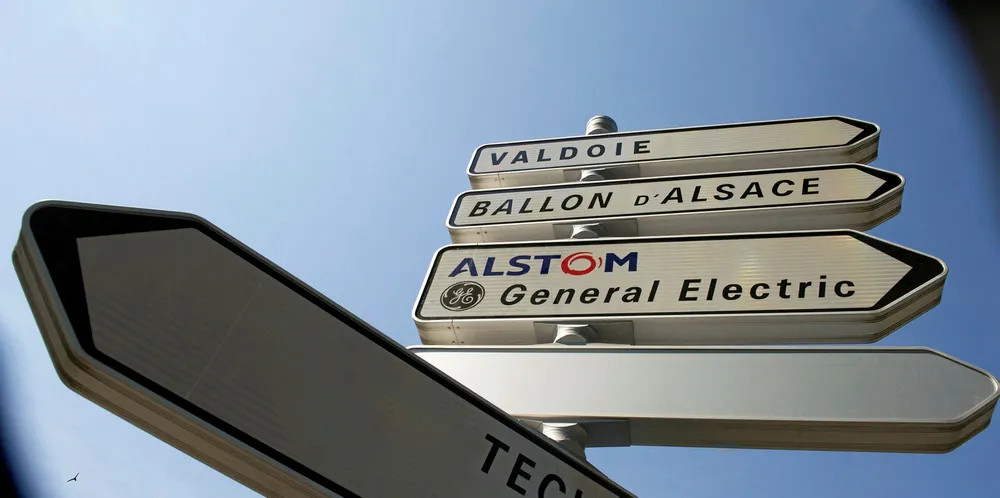'GE missed rise of renewables and cost shareholders billions'
Think-tank claims wrong bets on fossil assets was 'epic failure' that shows danger of misreading energy transition

Think-tank claims wrong bets on fossil assets was 'epic failure' that shows danger of misreading energy transition
